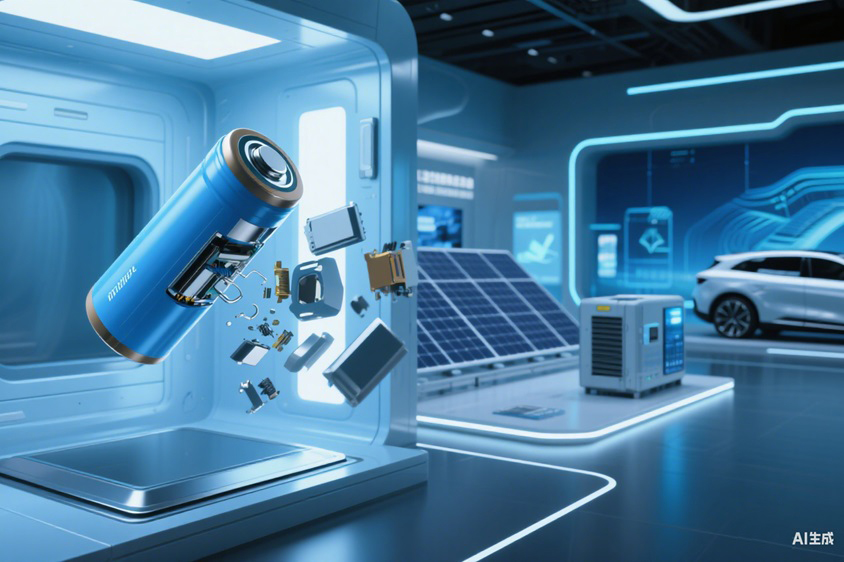The call to curb "involution" competition in China's battery new energy industry has intensified, following discussions at the Central Political Bureau and subsequent meetings. The Central Financial Committee emphasized the need to advance the construction of a unified national market and focus on legal governance of low-price disorderly competition. The June 27 meeting of the National People's Congress highlighted the urgent need to address the adverse effects of cutthroat competition, especially in emerging industries such as photovoltaics and electric vehicles.
In recent years, aggressive pricing strategies to capture market share have led to widespread profit margin erosion across the industry. This irrational competition, while temporarily boosting sales, undermines the foundation of healthy industry development, constraining necessary investments in research and innovation. Despite China's leading position in global photovoltaics and electric vehicles, the country grapples with internal competition that threatens its technological advancement and industrial upgrade.
The overcapacity problem, exacerbated by previous government subsidies and uncoordinated industrial planning, has driven many companies to adopt price-cutting strategies to stay competitive. This has resulted in significant profit compression, particularly in the photovoltaic and energy storage markets. Major industry players are now advocating for a shift away from price wars towards sustainable development through innovation.
New legal frameworks, such as the revised Anti-Unfair Competition Law, are being introduced to prevent forced low-cost sales by platforms, ensuring fair competition. Leading companies are also taking the initiative to reject low-price competition and promote responsible market practices.
The industry's current anti-involution efforts mark a shift from reactive measures to proactive strategies aimed at fostering a healthier competitive environment. Collaborative efforts among state-owned enterprises and private firms are essential to enhance overall competitiveness and innovation, steering the industry towards higher value-added segments and sustainable growth.
The upcoming 12th China (Suzhou) Battery New Energy Industry International Summit Forum scheduled for November 11-13, 2025, will address these issues, focusing on how to transition from fragmented competition to collaborative ecosystem building in the battery new energy sector.
China's Battery New Energy Industry Faces Anti-Competition Measures

Share this post on: